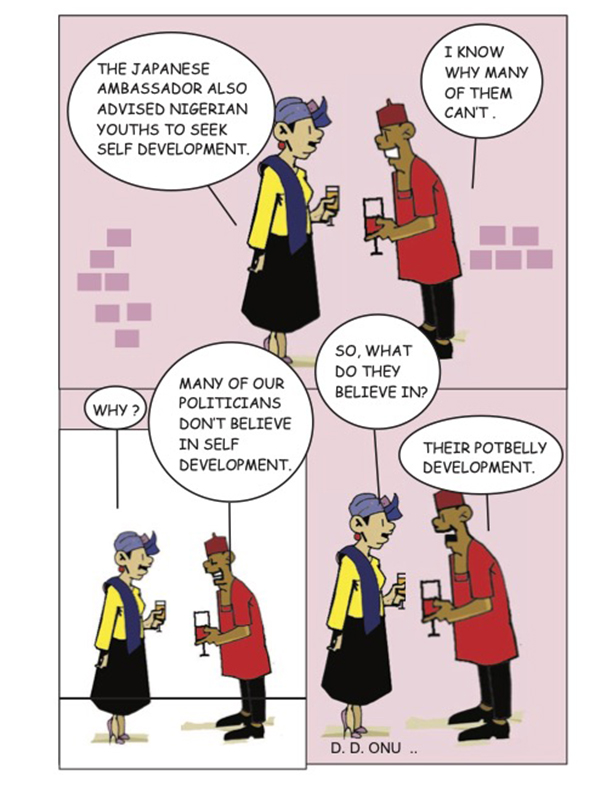The ex parte orders obtained by FBNQuest Merchant Bank Limited and First Trustees Limited against Nestoil Limited and Neconde Energy Limited have lapsed by operation of law yesterday, November 13, 2025, in accordance with the provisions of the Federal High Court (Civil Procedure) Rules, 2019.
On October 22, 2025, Justice D. I. Dipeolu of the Federal High Court, Lagos, granted the ex parte orders in the case filed by the two subsidiaries of First Bank of Nigeria Plc, freezing the assets of Neconde Energy Limited, Nestoil, and other defendants in the suit and permitting the Receiver/Manager appointed by Nestoil lenders to take over these assets, including Neconde’s interest in OML 42. The ex parte orders restrained the defendants from operating or dealing with their funds or shares in various banks and financial institutions across Nigeria.
Pursuant to the orders, the Receiver/Manager appointed by the Nestoil lenders, Mr Abubakar Sulu-Gambari, SAN, reportedly took possession of the companies’ head office in Victoria Island, Lagos and attempted to disrupt crude oil production and export activities in OML 42.
However, legal experts have opined that, pursuant to Order 26 Rule 10(1) and (3) of the Federal High Court (Civil Procedure) Rules, 2019, the ex parte orders granted on October 22 had automatically expired yesterday, having exceeded the 14-day statutory limit following the filing of their motion to discharge the orders.
They noted that under the cited provisions, any ex parte order automatically lapses 14 days after the filing of a motion to vary or discharge it, unless the court expressly directs otherwise in the interest of justice.
The relevant rule stipulates that an order made on motion ex parte shall not, unless the court otherwise directs in the interest of justice, last for more than 14 days after the affected party has applied to vary or discharge it, or another 14 days after such application has been argued.
Furthermore, where the motion to vary or discharge an ex parte order is not heard within 14 days of filing, the order shall lapse unless the court otherwise directs in the interest of justice.
By this provision, the defendants’ motion to discharge the order, filed on October 30, 2025, remained unheard as of November 13, 2025, thereby causing all the orders to lapse automatically.
The experts cited judicial authorities affirming that ex parte orders, including Mareva orders, are interim reliefs intended to last only briefly and cannot subsist indefinitely.
They emphasised that “An ex parte order is, by its nature, made in the absence of the other party and is meant to last for a very brief period. By the relevant Rules of Court, such an order—whatever its form—shall not exceed 14 days in duration, and no more.”
They further argued that the 14-day limitation upholds the constitutional right to a fair hearing guaranteed under Section 36(1) of the 1999 Constitution (as amended), as ex parte reliefs are granted without hearing the other party and are designed solely for urgent, temporary preservation of rights pending full hearing. Extending them beyond their lawful lifespan, one of the experts contended, would contravene constitutional principles of justice.
“The rationale for limiting ex parte orders to 14 days,” they explained, “is to prevent one party from being permanently prejudiced by an order obtained without being heard. The law, therefore, guards against abuse of judicial discretion and ensures adherence to due process.”
In the same vein, the law also offers no further basis or protection for enforcement once an ex parte order expires. The basis of an enforcement action is a live order. Once the order expires, further enforcement is not covered by Law. Agencies involved in the enforcement of the expired orders should therefore immediately vacate and withdraw from premises, assets, etc, once the order expires.
Legal commentators note that, unless the plaintiffs file a fresh motion or the court expressly extends the orders in the interest of justice, the Mareva injunctions have ceased to have effect. “There is no longer any lawful basis for continued occupation of premises or assets or enforcement of an expired order”, said one commentator.






